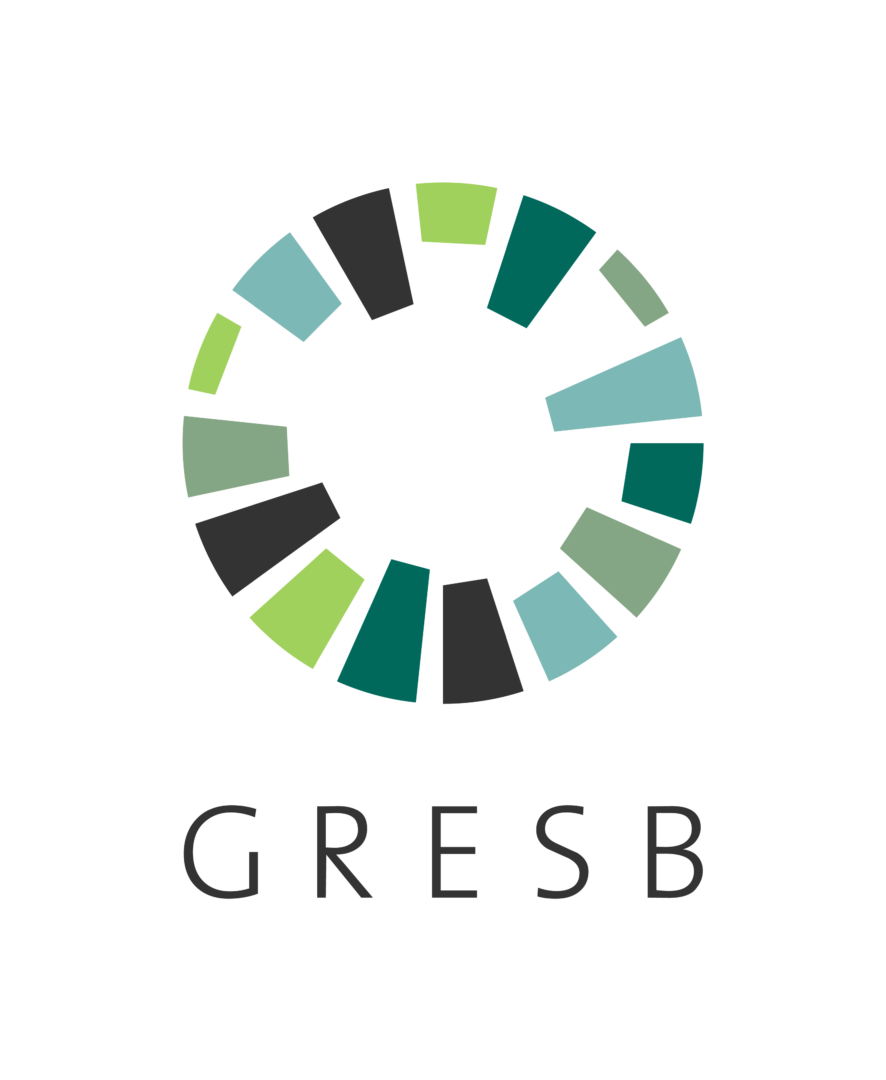
As we energise South Australia’s clean energy future, operating sustainably will continue to be a core part of our business.
ElectraNet is pleased to announce that we have achieved a Global Real Estate Sustainability Benchmark (GRESB) score of 95 and we are now recognised as a 5-star rated entity under this globally recognised sustainability benchmark!
GRESB is a global performance benchmarking tool for environmental, social and governance (ESG), which ElectraNet has participated in since 2016. Each year, GRESB assesses and benchmarks the ESG performance of assets worldwide, providing clarity and insights to financial markets on complex sustainability topics. The GRESB assessments are guided by what investors and the industry consider to be material issues in the sustainability performance of asset investments and are aligned with international reporting frameworks, goals and emerging regulations.
Executive Legal Risk and Governance, Nicola Buley, said, “This outstanding achievement is a testament to the incredibly hard work of our entire business to implement the actions outlined in ElectraNet’s Sustainability Directive, driven by our commitment to operating sustainably, as led by our Sustainability team.”
“This score of 95 is an increase of 12 points from the 2022 assessment. It is above our peer group average and places ElectraNet second out of eight participants in the Electricity Transmission Network Sector globally.”
“The maximum 5-star GRESB rating is reserved for the top 20% of companies assessed, and I am very proud of the team for reaching this achievement,”
“As ElectraNet pursues future connection opportunities and continues to maintain South Australia’s high voltage network, this recognition in the sustainability sector will demonstrate our leadership in minimising environmental impacts, prioritising health and safety, and commitment to effective stakeholder engagement,” Nicola said.
The ESG factors underpinning GRESB’s 2023 rating of 95 for ElectraNet include:
- Environmental aspects, including issues such as green energy, greenhouse gas emissions, Net Zero, biodiversity and habitat, climate risk and hazardous substances.
- Social aspects, including issues such as health and safety, reconciliation, diversity and inclusion, local employment, community development, employee engagement, stakeholder relations and social enterprise partnering.
- Governance aspects, including Board ESG oversight, cybersecurity, data protection, privacy, fraud, bribery & corruption, conflict of interest, audit committee structure, shareholder rights and whistleblower protection.
Sebastien Roussotte, CEO of GRESB, said, “Benchmark growth across real estate and infrastructure this year is not just about numbers—it’s about the depth and breadth of data. This increasing dedication and awareness of data quality demonstrates the commitment of global real assets to transparency and sustainability on a broader scale.”
“Reviewing the benchmarks for this year, it’s evident that the industry’s dedication to ESG principles is stronger than ever, as showcased by the continued increase in participation and broader data coverage. We applaud investors and managers in the real assets sector for their resolute pursuit of sustainability.”
“With a record number of fund managers and asset owners reporting to GRESB, we’re delighted to witness the global real assets industry amplifying its efforts towards ESG disclosure. This marks a significant stride towards a more sustainable and responsible future.”
“This year, we have witnessed an acceleration in GRESB participation across the Asia-Pacific region and parts of North America, fostered by GRESB’s expanding local footprint in these areas and a growing momentum in sustainable real assets practices.”


